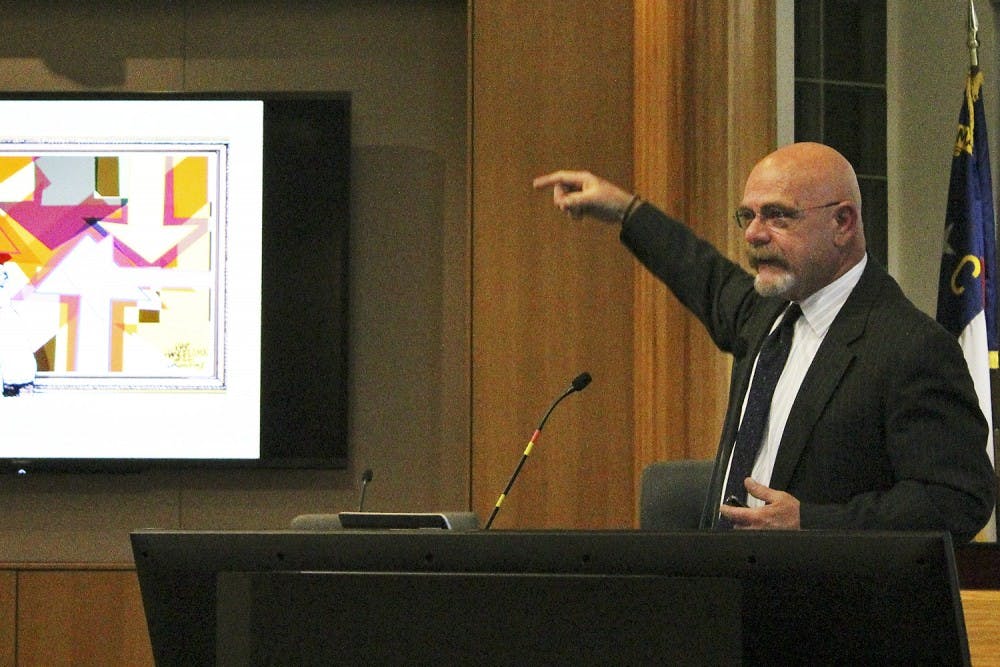The town of Chapel Hill hosted the first of four workshops on affordable housing at Town Hall Tuesday night. The workshop featured four speakers who detailed the process and challenges of building affordable housing in the town.
“We put these sessions together to talk about affordable housing in a different way,” said Loryn Clark, executive director of housing and community for Chapel Hill.
Mark Moshier, a principal at Legacy Real Property Group, said that there is a difference between how a developer can approach affordable housing projects versus housing projects that are sold at market value.
Before an investor puts money into a project, they must weigh the risks and associated costs with the expected cash flow that will emerge when the project is finished, said David Hartzell, a professor of finance at UNC.
For property developments, the expected cash flow comes from rent paid by tenants.
“The worth of a project is based on how much income a project can make,” Moshier said. “The higher the income on the project, the higher the value of the project.”
For housing projects sold at market value, developers can negotiate the price of rent to make sure that the cash flow from tenants will cover the cost of construction, maintenance and risk.
“As soon as we have affordable housing, we have stifled our net operating income,” Moshier said.



